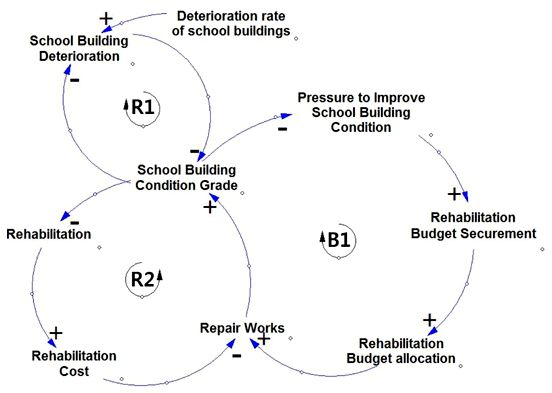Title
Date of Award
2016
Document Type
Open Access Master’s Report
Degree Name
Master of Science in Electrical Engineering (MS)
Requriements-Driven | Development for Agent Software
2016
Open Access Master’s Report
Master of Science in Electrical Engineering (MS)
Using experimental data in colaboration with simulation models is becoming anactive research subject. Indeed, new experimental facilities (for example digital image/volume correlation (DIC/DVC)) now enable to gather a sizable and diversified quantity of data, which enables you to identify and validate complex models, in order to enhance predictions produced by simulations tools. In addition, data and models are increasingly more intertwined to enhance understanding in applications coping with structural health monitoring and control for example, with potential real-time dialogue between simulators and connected physical systems (e.g., the DDDAS concept). However, many challenges coping with data filtering, computational cost, or statistical sturdiness have to be addressed to be able to incorporate data efficiently. Continue reading “Advanced Modeling and Simulation in Engineering Sciences”
Graduate Certificate Program
Computer Modeling and Simulation

Continue reading “Computer Modeling and Simulation | Graduate Certificate Programs”
Because the former developer from the DOE-2.1 and SPARK software, we’re now developing:

Continue reading “Modeling & Simulation Building Technology and concrete Systems Division”
FHWA and it is Condition and native agency partners have trusted analysis, modeling, and simulation (AMS) to aid investment decisions for that transportation system. Because the transportation system atmosphere grows in complexity, growing pressure is positioned on agencies to recognize more innovative and efficient methods to an array of issues. These solutions include leveraging emerging technologies, data sources, and alternative (non-traditional) strategies. AMS tools continuously play a vital role in evaluating these solutions. Actually, the Fixing America’s Surface Transportation (FAST) Act dictates utilizing AMS tools “;to the maximum and many economically achievable extent practicable” to evaluate highway and public transit projects.As transportation solutions be sophisticated and sophisticated, corresponding AMS tools will have to evolve AMS tools must have the ability to effectively and fully evaluate the advantages of suggested solutions.
Continue reading “Analysis Modeling and Simulation Overview FHWA”

The Research Training Group (RTG) in Mathematical Modeling and Simulation is really a NSF-funded vertically-integrated research activity in the Courant Institute funded through the National Science Foundation (award DMS-1646339) since nov 2017. The audience includes faculty, Courant Instructors, postdocs, graduated pupils, and undergraduate students thinking about applied mathematics more broadly, and modeling and simulation of physical systems more particularly. Since in early stages, the Courant Institute were built with a strong emphasis in applied mathematics, with modeling and simulation at its core.